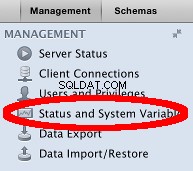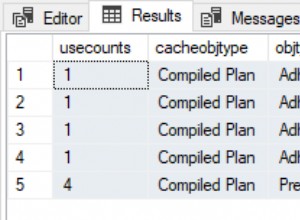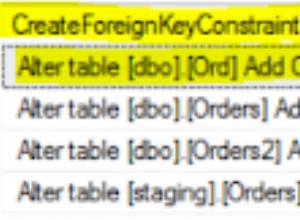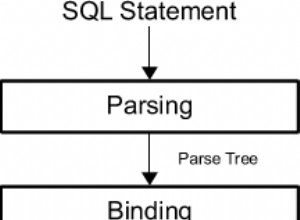Puoi sfruttare entrambi funzioni finestra
e l'uso di un concetto chiamato gaps-and-islands
. Nel tuo caso, le date contigue sarebbero l'isola e le lacune si spiegano da sole.
Ho scritto la risposta di seguito in modo dettagliato per chiarire cosa sta facendo la query, ma molto probabilmente potrebbe essere scritta in un modo diverso che è più conciso. Si prega di vedere i miei commenti nella risposta che spiegano cosa fa ogni passaggio (sottoquery).
--Determine Final output
select min(c.StartDate) as StartDate
, max(c.EndDate) as EndDate
from (
--Assign a number to each group of Contiguous Records
select b.ID
, b.StartDate
, b.EndDate
, b.EndDatePrev
, b.IslandBegin
, sum(b.IslandBegin) over (order by b.ID asc) as IslandNbr
from (
--Determine if its Contiguous (IslandBegin = 1, means its not Contiguous with previous record)
select a.ID
, a.StartDate
, a.EndDate
, a.EndDatePrev
, case when a.EndDatePrev is NULL then 1
when datediff(d, a.EndDatePrev, a.StartDate) > 1 then 1
else 0
end as IslandBegin
from (
--Determine Prev End Date
select tt.ID
, tt.StartDate
, tt.EndDate
, lag(tt.EndDate, 1, NULL) over (order by tt.ID asc) as EndDatePrev
from dbo.Table_Name as tt
) as a
) as b
) as c
group by c.IslandNbr
order by c.IslandNbr




